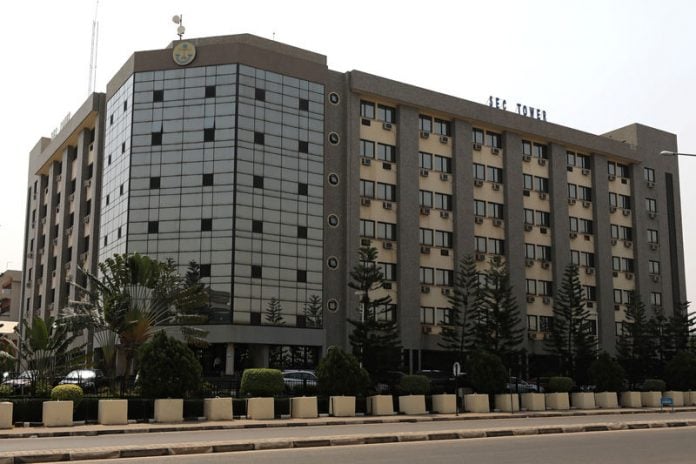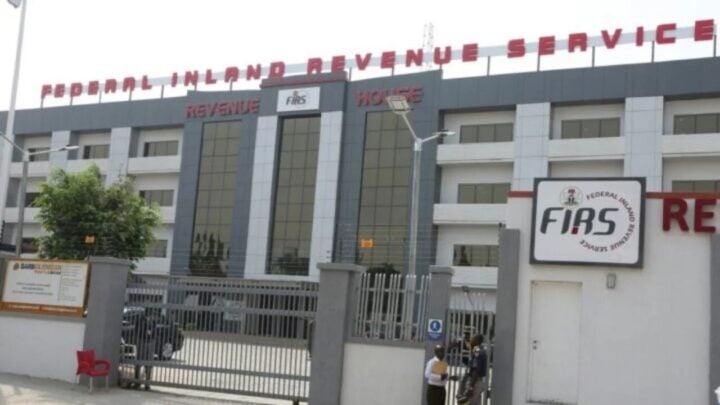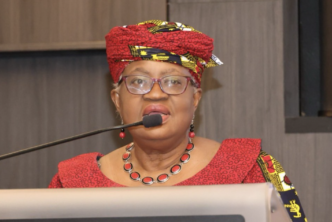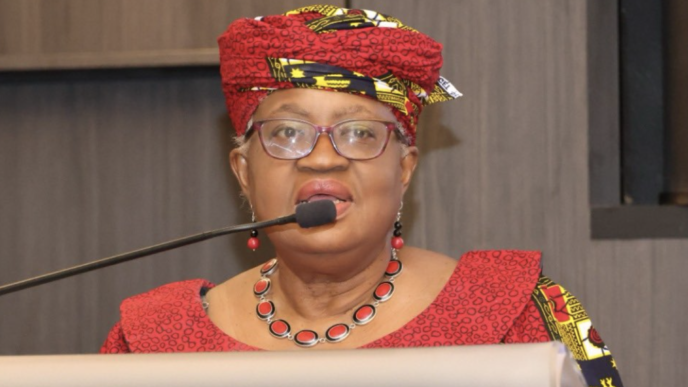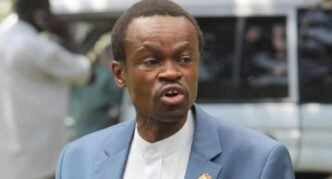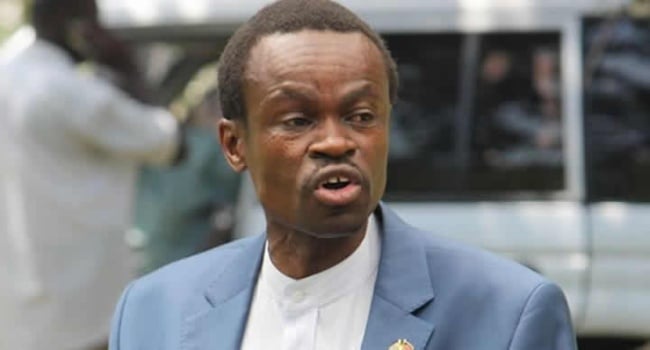Vice-President Kashim Shettima says Africa must stop relying on foreign financial models and instead harness the power of regional cooperation and homegrown capital to drive development across the continent.
Shettima spoke on Monday at the ongoing 4th African Sovereign Investors Forum (ASIF) in Abuja.
The event is themed ‘Leveraging African Sovereign Wealth Funds to Mobilise Global Capital for Transformative Development in Africa’.
The vice-president said the continent’s development dilemma — characterised by limited fiscal space and rising expectations — requires creative solutions backed by “catalytic institutions” and strategic capital mobilisation.
Advertisement
“There is indeed no doubt that Africa faces a development dilemma. But within this dilemma lies our call to creativity,” he said.
Shettima also said sovereign wealth funds must move beyond their traditional role of wealth preservation and embrace their potential as engines of transformation, financing infrastructure, empowering domestic champions, and attracting institutional investors.
“Our future lies not in working in silos but in pursuing regional cooperation and collective ambition,” the vice-president added.
Advertisement
“Our sovereign wealth funds must become the anchors for pan-African investment platforms that de-risk projects, standardise processes, and deliver sustainable outcomes at scale. This is not just a strategy. This is a necessity.
“There can be no greater inspiration to reimagine how we invest, whether in setting up critical infrastructure, strengthening our climate resilience, promoting food security through agricultural innovation, supporting micro, small and medium enterprises, or embracing the digital economy to create jobs and expand opportunity.
“None of these is possible without catalytic institutions that combine strategic foresight with sound financial discipline. This is why the Nigeria Sovereign Investment Authority stands not only as a steward of our sovereign capital but as a vehicle for the delivery of strategic infrastructure.
“It is a catalyst in our national quest to redeem renewable energy, healthcare, agriculture, and much more. It is also a hub for pioneering innovative capital mobilisation solutions tailored to the realities of our continent.
Advertisement
He urged all African nations to contribute to the effort, “not just to follow the trends of the global financial order, but to ensure a united Africa is seen not as a continent of risk — but as a frontier of opportunity and trust”.
‘AFRICA CAN’T GROW BY KEEPING ITS WEALTH ABROAD’
Wale Edun, minister of finance and coordinating minister of the economy, speaking at the event, said African countries must shift from external dependency to mobilising domestic resources to drive development, starting with sovereign bond markets.
Edun said the time has come for African nations to invest in themselves, stressing that the continent must begin to intermediate its own capital.
Advertisement
“In this transactional world that is narrowing, the focus on intra-African trade and transactions is becoming more acute,” Edun said.
“Just last year, while I chaired the African Caucus at the World Bank and IMF Group, we launched a US dollar-denominated domestic bond in Nigeria — fully anchored by local institutions: Nigerian rating agencies, Nigerian registrars, and Nigerian custodians.”
Advertisement
The minister said the initiative, known as AfriBond, signalled the country’s move toward “self-reliance and self-confidence,” adding that it should not be a one-off event.
According to Edun, regional funds like Angola’s sovereign fund have already shown interest in investing in such instruments.
Advertisement
The finance minister also highlighted Nigeria’s ongoing industrialisation efforts, citing the imminent commencement of operations at the 1.2 million barrels per day refinery, and the revival of petrochemical, fertiliser, and manufacturing complexes that could catalyse domestic economic transformation.
He described the current phase as a “pivotal moment” in Africa’s development, calling on sovereign wealth funds to move beyond wealth preservation to catalysing investment and economic growth.
Advertisement
“Africa stands at a pivotal moment, facing profound challenges and unmatched opportunities,” Edun said.
“The key question is how we leverage our sovereign capital to crowd in international finance, forge impactful partnerships, and build a sustainable future.”
On his part, Aminu Umar-Sadiq, managing director of the Nigeria Sovereign Investment Authority (NSIA), outlined three priorities for Africa’s sovereign wealth funds.
Umar-Sadiq said there was a need to balance risk-taking with intergenerational wealth preservation, mobilising global capital for high-impact investments, and positioning themselves as credible investment partners within the continent.
“Our goal is to build investment vehicles that not only yield commercial returns but also drive social impact,” Umar-Sadiq said.
“We must be the preferred partners for global investors seeking exposure in African markets.”
He added that ASIF would facilitate the signing of strategic investment agreements across sectors such as sustainable infrastructure, agriculture, climate finance, and artificial intelligence.
“This is a rare convergence of regulators, capital providers, entrepreneurs and DFIs — all the elements required to create, scale and sustain development,” he said.
In his remarks, Benedict Oramah, president of Afreximbank, challenged African sovereign funds to invest more heavily on the continent rather than in foreign markets.
“I’ve never seen anybody who keeps money with others and not in his house, decrying the tendency of African central banks and sovereign wealth funds to seek returns abroad while neglecting investment at home,” Oramah said.
He warned that Africa’s development will continue to lag unless its wealth is strategically deployed to support local industries and infrastructure.
Oramah praised countries like Nigeria, which he said had made progress by channelling significant sovereign capital into domestic projects, urging others to follow suit.

